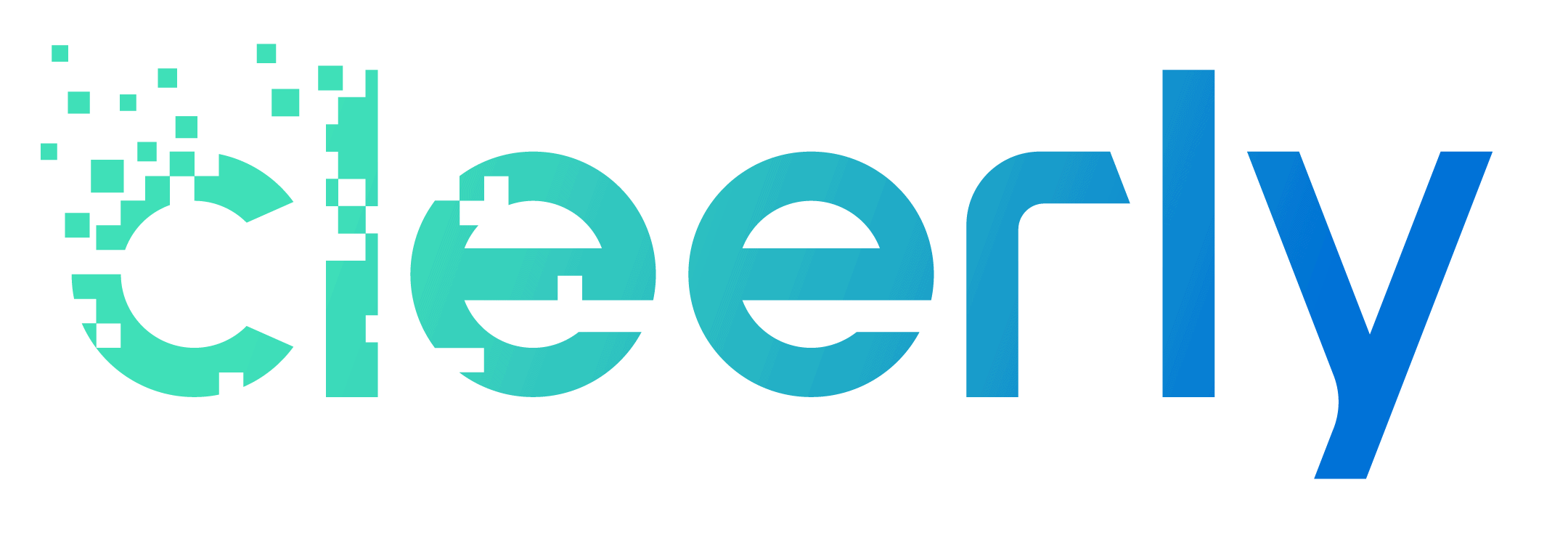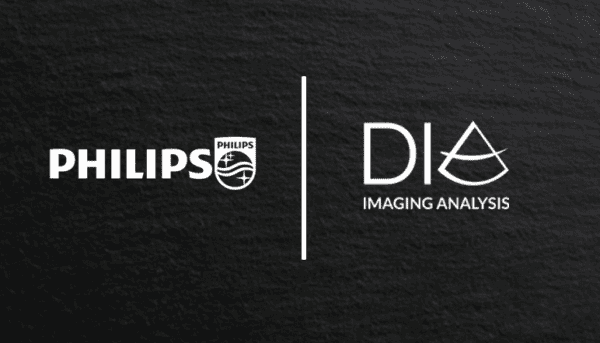|
Philips’ Echo AI Acquisition | Metformin’s CV Potential
May 15, 2023
|
|
|

|
|
Together with
|

|
|
|
“I was repaired, but I’m not cured.”
|
|
WSJ editor Leigh Kamping-Carder on how invisible scars from her childhood heart surgeries led to a far more complex adulthood than she imagined.
|
|

|
|
Philips took a major step towards automating and expanding access to echo ultrasound exams, acquiring echo AI startup DiA Imaging Analysis.
The companies haven’t issued an official announcement, but social posts and online coverage suggest that they will initially look to leverage Philips’ massive global sales force to accelerate adoption of DiA’s echo AI solutions.
- Most of DiA Imaging Analysis’ nine FDA-approved AI solutions focus on automating echo analysis and reporting, although its latest solution focuses on guiding echo exams.
- Considering that Philips has been one of DiA’s investors for over two years and their products have been integrated for even longer, the companies should have a head start from a product integration/development and sales mobilization perspective.
The acquisition reportedly cost Philips slightly less than $100M, representing a ~4x premium over DiA’s total venture funding ($25M) and perhaps a ~30x premium over DiA’s annual revenue (reportedly “several million dollars”).
DiA Imaging Analysis has a long list of ultrasound and PACS vendor partnerships (e.g. Change, GE, Intelerad, Konica, Merative), although Philips’ previous willingness to allow competitors to use its TomTec solution suggests that it might not make DiA exclusively available through Philips (right away).
The acquisition continues a trend from Philips, which has actively relied on M&A to expand its cardiology business in recent years, acquiring:
- Cardiologs (2021, ECG AI)
- Vesper Medical (2021, peripheral vascular devices)
- Intact Vascular (2020, peripheral vascular devices)
- BioTelemetry (2020, remote cardiac diagnostics & monitoring)
- And more before that…
However, many imaging AI-watchers might be more interested in the ongoing AI consolidation trend, which saw at least nine AI startup acquisitions since early 2022, including two of the leading echo AI players (DiA by Philips, and echo guidance company Caption Health by GE).
Those echo AI acquisitions create an interesting new landscape, with two top echo AI reporting/analysis companies (Us2.ai & Ultromics) and one top echo guidance startup (UltraSight). It wouldn’t be surprising if these companies were suddenly getting more attention from the other ultrasound OEMs.
The Takeaway
With clinical demand far exceeding sonographer supply, it makes sense that cardiac ultrasound OEMs would consider investing in AI that makes their hardware faster and easier to use. It seems that Philips and GE agreed with that logic, and their combined sales presence and customer base could drive a surge in echo AI adoption that might not have been possible if Caption and DiA stayed independent.
|




|
|
Staging Coronary Artery Disease
Believe it or not, there’s been no clinically relevant atherosclerosis staging system used to characterize heart disease — until now. Check out Cleerly’s four-stage system for evaluating atherosclerotic plaque burden, which is the direct cause of coronary artery disease (CAD).
|
|
AI to Democratize Echo
Us2.ai published what might be the most comprehensive paper we’ve seen on AI echo, detailing the benefits of AI-automated echocardiography, the global need for more scalable and flexible CVD assessments, and how its technology is fit for the future. If you’re focused on the echo, echo AI, or echo accessibility and efficiency, this paper is worth checking out.
|
|
Evolving Coronary Disease Imaging Pathways
HeartFlow’s PRECISE trial showed that their precision approach for evaluating stable chest pain avoids unnecessary testing and improves care – without risking missed heart disease diagnoses. In this Cardiac Wire Show, HeartFlow’s Chief Medical Officer Dr. Campbell Rogers dives into the PRECISE trial results and its implications for clinical practice.
|
|
- Metformin’s Diabetes+CVD Potential: A UCL preprint study suggests that people who take metformin for their type 2 diabetes might have better coronary microvascular function and overall survival. Observational analysis of 572 patients with T2D (68% prescribed metformin) found that over a 2.3yr median follow-up period, metformin use was associated with higher myocardial perfusion reserve (regression coefficient: +0.12), lower mortality rates (2.3% vs. 8.7%), and lower stroke rates (2.1% vs. 5.4%).
- Ucardia Enters Homes with Phas3 Acquisition: Virtual cardiac conditioning software company, Ucardia, announced its acquisition of home-based cardiac rehab company, Phas3, creating a virtual and hybrid CVD care solution “covering all facets of cardiac rehabilitation, conditioning, and remote monitoring.” As part of the acquisition announcement, Ucardia launched its Ucardia-at-Home remote patient monitoring platform, which combines a smartphone app with monitoring devices and experienced clinicians to help patients and providers navigate cardiac rehab.
- Mobile Phones and Hypertension: Talking on mobile phones might be associated with higher hypertension risks. Twelve year analysis of 212k UK Biobank participants found that the 14k participants who developed new-onset hypertension were more likely to make calls at least once a week (hazard ratio: 1.07). Compared to participants who spoke for <5 minutes weekly, risks increased consistently among those who spoke for 30-59 minutes, 1-3 hours, 4-6 hours, and >6 hours (HRs: 1.08, 1.13, 1.16, 1.25).
- Cardiologist Murder Arrest: A German cardiologist was arrested for homicide after allegedly giving two seriously ill patients fatal sedative doses. The 55-year-old cardiologist has been a suspect since 2022 when Berlin’s Charite hospital received an anonymous tip. Last week’s arrest warrant was issued after an investigation found that unjustifiably high sedative doses were used in at least two of four suspicious deaths.
- AI Heart Attack Detection: University of Edinburgh researchers developed an AI algorithm that combines troponin levels with other patient data (age, sex, ECG results, medical history) to more accurately identify patients with chest pain who are actually having a heart attack. The algorithm’s myocardial infarction probability scores accurately detected which of 10.3k patients from an external dataset were having a heart attack (0.953 AUC), suggesting that AI models like this might reduce time to treatment or discharge.
- J&J & Medtronic Eying Shockwave: StreetInsider reports that Boston Scientific’s bid to acquire Shockwave Medical has fallen apart, while Johnson & Johnson and Medtronic have emerged as new suitors. Shockwave was reportedly seeking an offer in the mid-$300s per share, while Boston Scientific reportedly offered $275 per share. Shockwave’s unique approach for breaking up cardiovascular calcium using sonic pressure waves has made it one of very few interventional device companies to succeed while remaining independent, and also likely makes it an attractive acquisition target.
- A Non-Invasive CAD Severity Estimator: The HEART score, commonly used to predict MACE, could also help assess CAD severity. That’s from a new cross-sectional study in which researchers assessed 300 patients referred to cardiac emergency departments, finding a moderate correlation between HEART and SYNTAX scores (correlation coefficient = 0.49). A HEART score above 6 demonstrated 52% sensitivity and 74.7% specificity in detecting extensive CAD (SYNTAX score ≥23), supporting its potential as a non-invasive method to estimate CAD severity.
- Optain’s Retinal Assessment Funding: Ocular AI startup Optain is launching with $12M in seed funding to analyze retinal images and generate risk assessments for cardiovascular, ophthalmological, and neurological health conditions. Optain uses proprietary hardware and algorithms to quickly generate its assessments, which it plans to use to expand screening access to underserved areas. There seems to be increased startup and VC interest in AI-based retinal detection of CVD and other diseases, coming just a month after Kiwi retinal AI startup Toku Eyes raised $8M.
- CSP’s HF Benefits: An Australia-based research team added more evidence suggesting that emerging Conduction System Pacing (CSP) resynchronization therapies improve heart failure patient outcomes compared to standard Biventricular Pacing (BVP) therapy. The meta-analysis of 15 trials comparing CSP techniques with BVP therapy found that CSP therapy led to improved average QRS duration (-20.3 ms), increased average LVEF (+5.2%), and reduced average New York Heart Association scores (0.40).
- Galaxy Watch AFib Update: Samsung received FDA clearance for its Irregular Heart Rhythm Notification (IHRN) smartwatch feature, which passively monitors heart rhythms for signs of atrial fibrillation then prompts the user to take an ECG with their watch if irregularities are detected. The IHRN feature adds proactive functionality to Samsung’s already-cleared wearable ECG tech, and it’s currently slated to debut on one of the world’s most popular non-Apple smartwatches – the Samsung Galaxy Watch – later this year.
- Diabetic Health-Related Social Needs: A study of 21.5k Medicare Advantage beneficiaries with type 2 diabetes found that 56.9% had at least one health-related social need (HRSN). The most common HRSNs were financial strain (73.6%), food insecurity (47.5%), and poor housing quality (39.1%). Patients who lacked transportation or were lonely were more likely to visit the ED, while food insecurity was most consistently linked to higher acute care utilization.
|
|
ECG Data You Can Trust
Noise and artifacts can make automated ECG analysis less reliable than what’s required for the exacting standards of cardiac safety trials. Monebo’s Kinetic Intervals ECG Algorithm provides precise interval measurements between any two points on the ECG waveform, allowing clinicians to utilize data they can trust.
|
|
Making the Leap to Outsource Post-Processing
Interested in how to outsource cardiac image post-processing, but not sure where to start? PIA walks you through how to assess and compare vendors, understand pricing models and payment options, and outline your requirements to identify vendors who meet your clinical needs.
|
|
Protecting Your Cardiovascular Imaging Data
Are you sure about your cardiovascular imaging data security? Tune-in to this Change Healthcare webinar discussing how hospital systems and healthcare providers can strategically improve their data security.
|
|
A New Standard of Heart Care
Open to a more personalized and proactive approach to cardiovascular care? Check out this video detailing Cleerly’s unique approach to heart disease risk assessments and care.
|
|
|
|
|